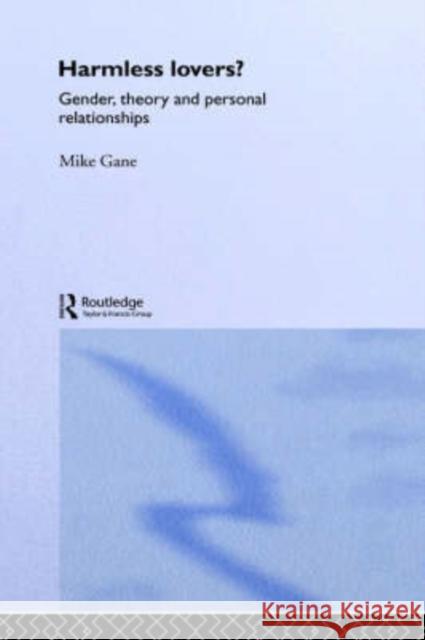Harmless Lovers: Gender, Theory and Personal Relationships » książka
Harmless Lovers: Gender, Theory and Personal Relationships
ISBN-13: 9780415094481 / Angielski / Twarda / 1993 / 240 str.
Harmless Lovers reconstructs a decisive and neglected aspect of modern social thought: the evolution of modern gender theory from Mary Wollstonecraft at the end of the 18th century to the beginning of the 20th century and Max Weber. It examines the responses of major intellectual figures - Comte, Marx, Engels, Mill, Durkheim, Enfantin and Nietzsche - to the new woman and women's emancipation in the period immediately following the French Revolution and the Declaration of the Rights of Man. The pressure for social equality between men and women, and the fact that writers like Mary Wollstonecraft actually produced first-class political and social theory, created new tensions within both the private lives of the theorists and within social theory itself. The crisis was suppressed in the writings and lives of Marx and Durkheim, who remained attached to the traditional framework, but all the other men examined in this book sought to evolve new ways of living in gender relations. These variations could involve: a neo-conservatism (Comte); a new liberalism (Mill); a version of a new communism (Enfantin, Engels); or pure transcendence (Nietzsch).











